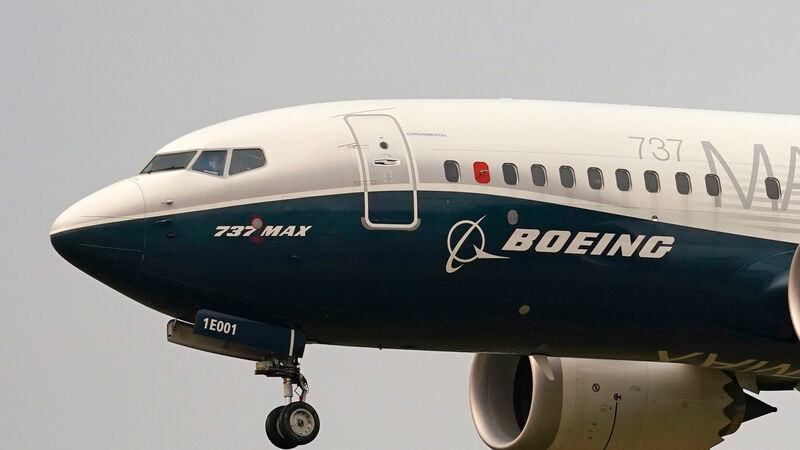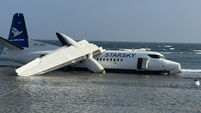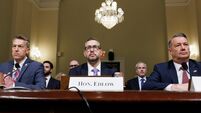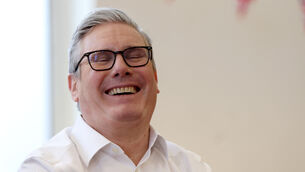Boeing should not face criminal conspiracy charge over crashes – US judge

Boeing will not face a criminal conspiracy charge over two 737 Max jetliner crashes that killed 346 people after a federal judge in Texas granted the government’s request to dismiss the case.
As part of a deal to drop the charge, the American aerospace company has agreed to pay or invest an additional 1.1 billion dollars (£0.84bn) in fines, compensation for the crash victims’ families, and internal safety and quality measures.











